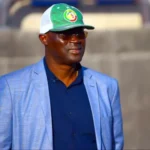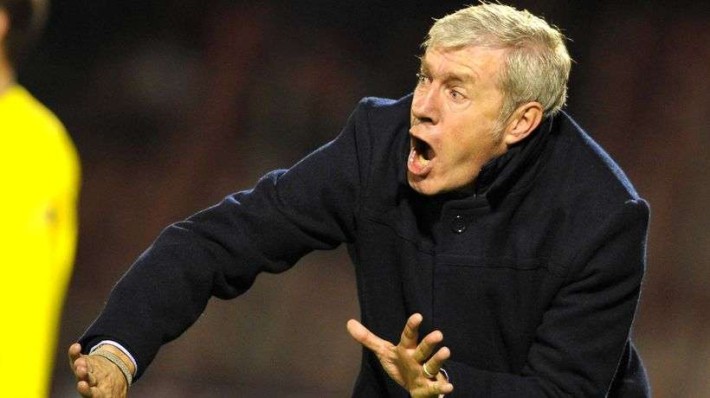Former French international Olivier Dacourt believes the 2025 Africa Cup of Nations (AFCON), to be hosted by Morocco, will be one of the most competitive in recent memory.
Dacourt discussed his experience filming in Morocco and shared insights on African football, cultural identity, and racism in the sport.
“Morocco has a very good team,” said Dacourt. “Then there’s the heart that speaks; Ivory Coast showed us during the last AFCON that anything is possible. Emerse Faé and his assistant, Guy Demel, did an extraordinary job.”
The former midfielder, who earned 21 caps for France between 2001 and 2004 and played for clubs such as Lens, Roma, and Inter Milan, described the continent’s premier tournament as delightfully unpredictable.
“This competition has always been open, and once again, it will be played between the great African nations: Morocco, Algeria, Ivory Coast, Senegal, Cameroon, Nigeria, and so on. That’s the charm of this competition.”
Dacourt recently spent five weeks filming in Tangier, where he witnessed Morocco’s readiness to host the AFCON.
“I was in Morocco during the filming, it’s a country that’s developing at high speed, they have everything. State-of-the-art infrastructure! We’ll have a great African Cup.”
His new film, which he co-directed, is a deeply personal exploration of identity, family, and the immigrant experience.
“It’s about travel,” Dacourt explained. “The tradition of transhumance. Every summer, families return home, a sort of homecoming. And this journey takes place in a car, with close quarters. The idea of travel is to remind us that, to know where we want to go, we must know where we come from.”
The film seeks to honour the sacrifices of immigrant communities, especially those who played a pivotal role in rebuilding France after the Second World War.
“This film tells the story of the immigrants who helped France rebuild. The Italians, the Spanish, the Portuguese, the North Africans, the Africans from south of the Sahara,” Dacourt said. “The preparation was the same—we had a whole family waiting for us.”
Dacourt also revisited his advocacy against racism in football, a subject he explored in his 2018 documentary I Am Not a Monkey. He expressed disappointment with the lack of progress.
“I’m sorry to tell you that nothing has changed,” he said. “When I see what happened with Vinicius, the Brazilian from Real Madrid, it’s not normal. We’re going to do more campaigns against racism and nothing will happen.”
He acknowledged that Spain had taken some encouraging steps.
“They were quite tough—zero tolerance. I appreciated that,” he added, referring to recent legal action taken against individuals involved in racist abuse.
As Morocco gears up to host the continent’s biggest football tournament from 21 December 2025 to 18 January 2026, Dacourt’s reflections highlight both the promise of African football and the social conversations that continue to surround the sport.












